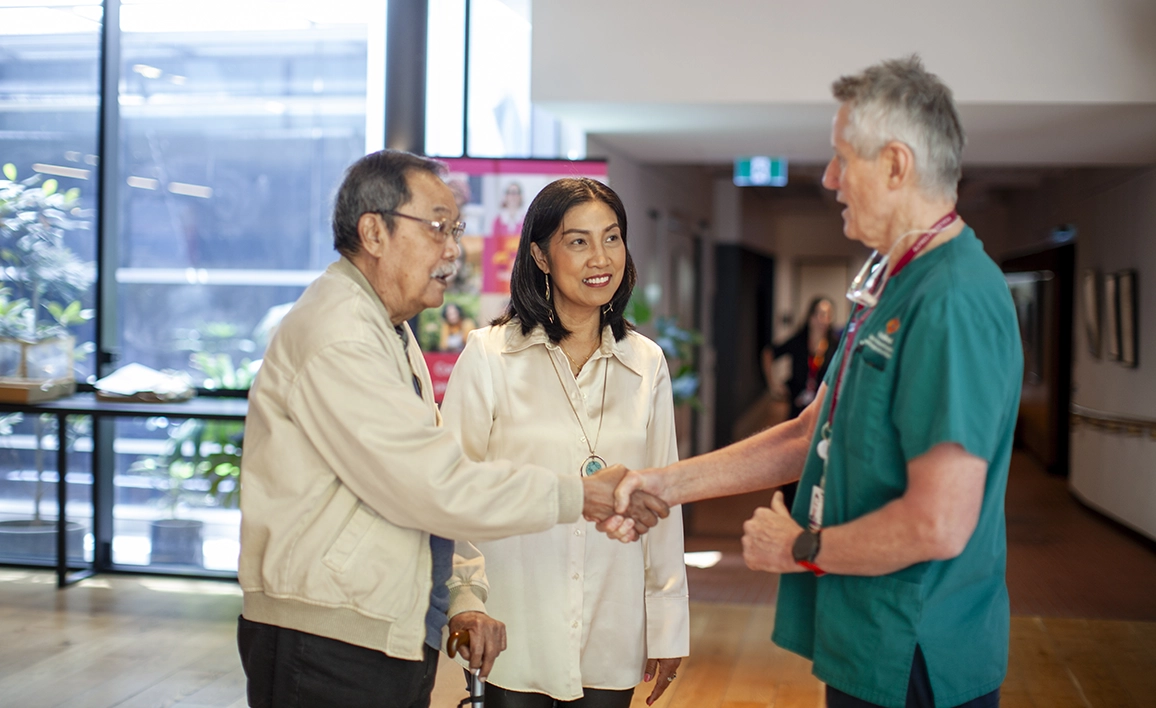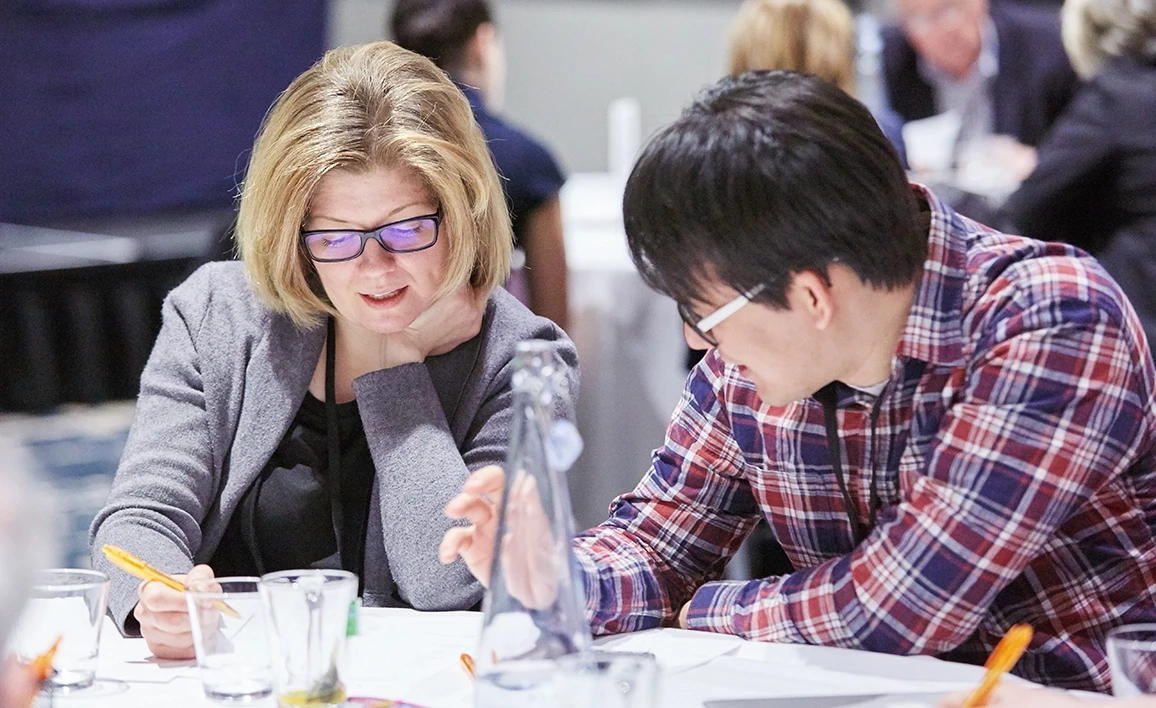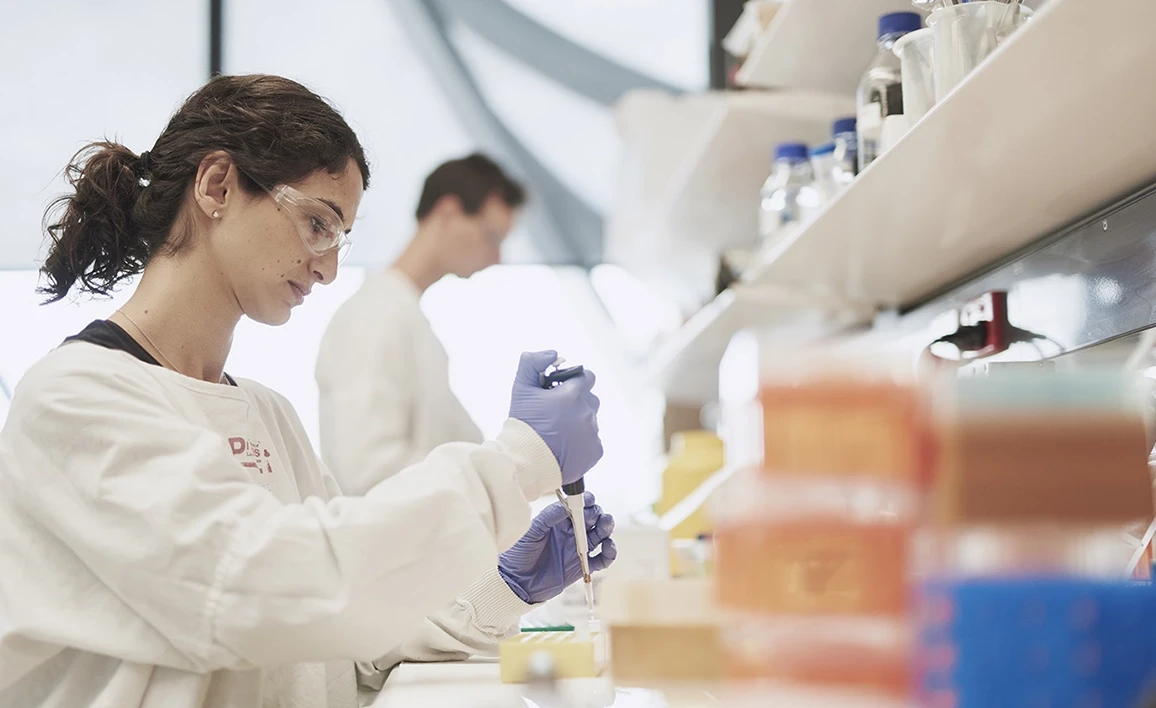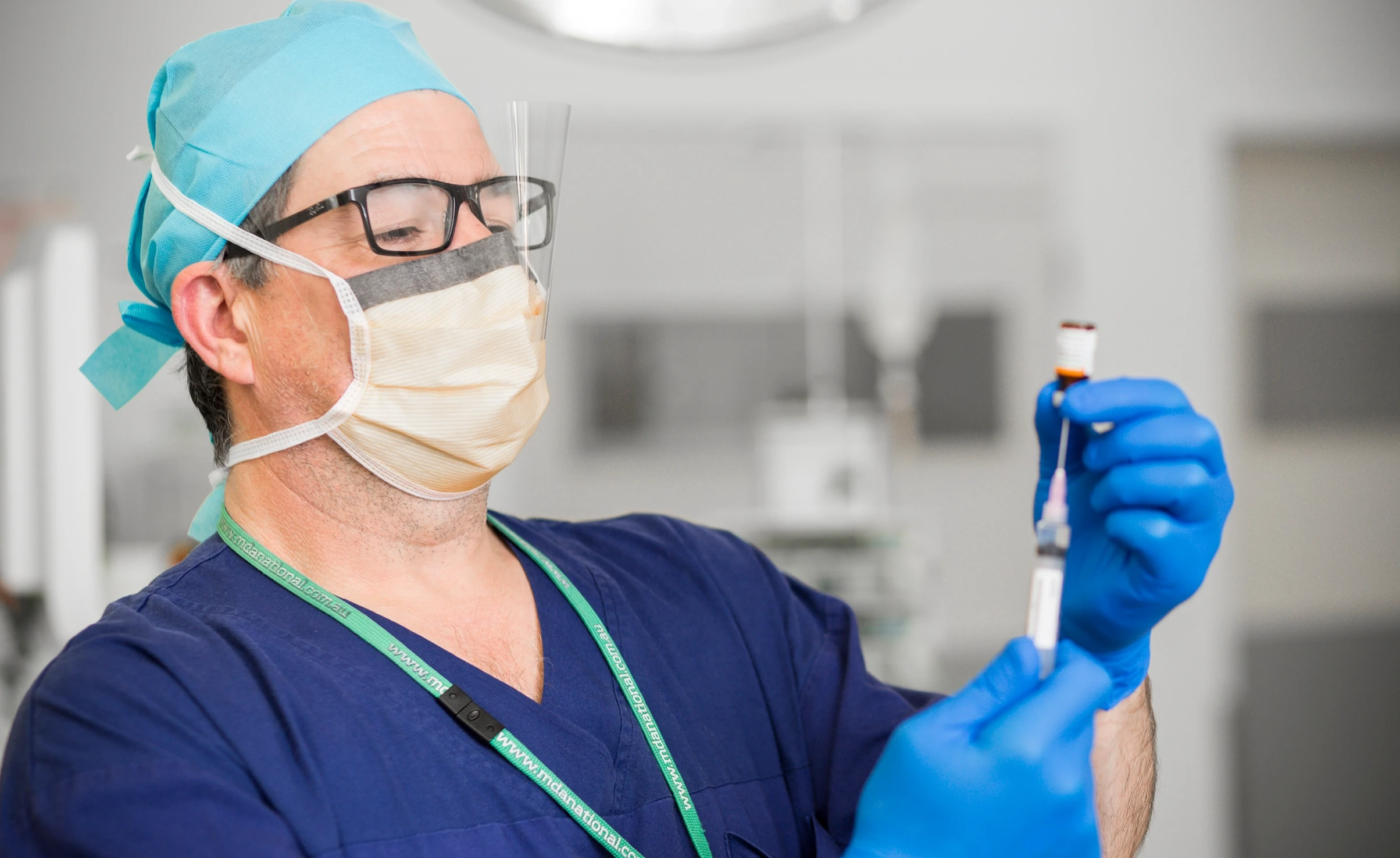Many internationally recognised researchers were first supported by the foundation as young investigators. Supporting young investigators is vital...
Professor Kate Leslie AO, past president, ANZCA
Our research strategy
Our research strategy is based on three principles:
- Encouraging research in anaesthesia, pain and perioperative medicine which benefits the community by leading to improved effectiveness, quality and safety in clinical care.
- Developing research skills in the specialty of anaesthesia, pain and perioperative medicine.
- Contributing to research capacity and capability in the anaesthesia, pain and perioperative medicine community.
Medical research in our specialties is crucial, providing vital knowledge to improve safety and health outcomes for patients undergoing anaesthesia and surgery or pain management.
Our research objectives
We've identified several important research objectives, including:
- Further refinement and implementation of highly promising new methods for treating acute pain (for example, after surgery, trauma) to enable more rapid recovery.
- Research into new techniques and drugs in sedation and anaesthesia for rapid and high quality recovery for patients.
- ‘Brain monitoring’ during anaesthesia to give us new insights into the way anaesthesia and the brain work, and which could also prevent awareness under anaesthesia – one of the major fears of patients having surgery.
- Further development of anaesthesia simulators and other sophisticated medical simulators, which hold great promise of major advances in the management of critical incidents in operating theatres, emergency rooms and many other settings.
- Initiating new strategies to attack the massive problem of persistent pain in non-cancer patients.
- Improving methods of prevention and treatment of post-operative problems such as headache, vomiting, fatigue and memory loss.
- Increasing quality and safety in perioperative medicine.
- Developing useful therapies to stop or to treat acute circulatory failure perioperatively.
- Implementing new strategies to fight perioperative infections; a major cause of death in critically ill patients.
- Launching a major attack on cancer pain in adults and children (nine out of 10 terminally ill children suffer substantially from pain in their last month of life).
Other investigator-led objectives likely to help improve patient outcomes are also supported through the research program.
Our funding
The college’s research grant program allocates funding of around $A1.5 million annually through the ANZCA Research Foundation. This funding supports:
- Project Grants (with scholarship options)
- Academic Enhancement Grant
- Professional Practice Research Grants
- Patrons Emerging Investigator Grant
- Novice Investigator Grants
- Skantha Vallipuram ANZCA Research Scholarship
- CTN pilot grant scheme
- Douglas Joseph Professorship (offered quadriennally)
- Lennard Travers Professorship (offered quadriennally)
By donating today, you can help save and improve lives by supporting continuous improvement in anaesthesia and pain medicine. Donations are tax deductible in Australia or attract tax credits in New Zealand.
Donate Now
Leadership and governance
Research Committee
Led by chair Professor Britta Regli-von Ungern-Sternberg, our Research Committee oversees the research activities of the college including the ANZCA Grant Program and reports to Council on its activities.
Research & Innovation Committee (FPM)
The role of the Faculty of Pain Medicine Research & Innovation Committee is to implement faculty board policy, provide advice to the board and to promote research in the field of pain medicine among faculty fellows and trainees.
Related resources
Explore this section

The foundation dedicates around $A1.5 million to medical research each year; supports our Indigenous health and overseas aid activities; and raises the profile of college-supported research.

We are the leading clinical trials network in anaesthesia, pain and perioperative medicine.

The purpose of the Professional Practice Research Network (PPRN) is to promote research in the professional practice domains of communicator, collaborator, leader and manager, scholar, health advocate and professional in anaesthesia, perioperative and pain medicine.

Many of the recent advances in anaesthesia, pain medicine and perioperative patient care have involved pioneering ANZCA-funded research conducted by our fellows.

Survey research informs the hypothesis for multi-centre trials and research by providing evidence on attitudes, practices and knowledge.

Learn more about the college's Open Access Strategy and Open Access (OA) publishing options.

